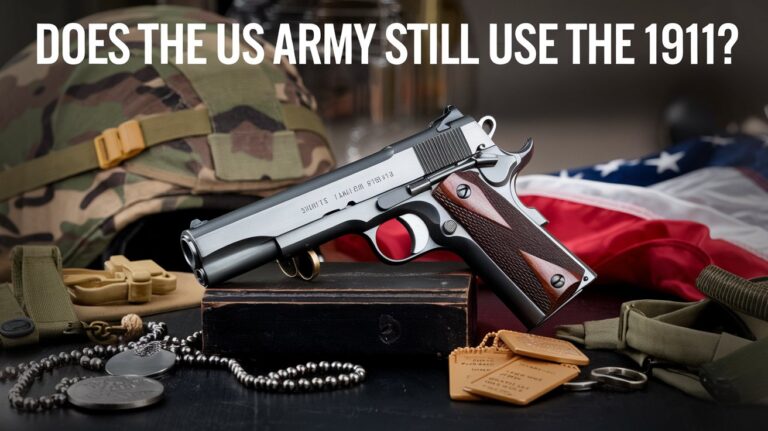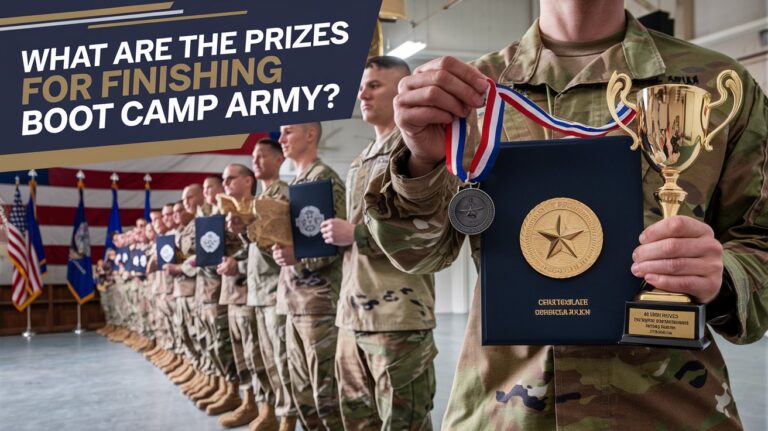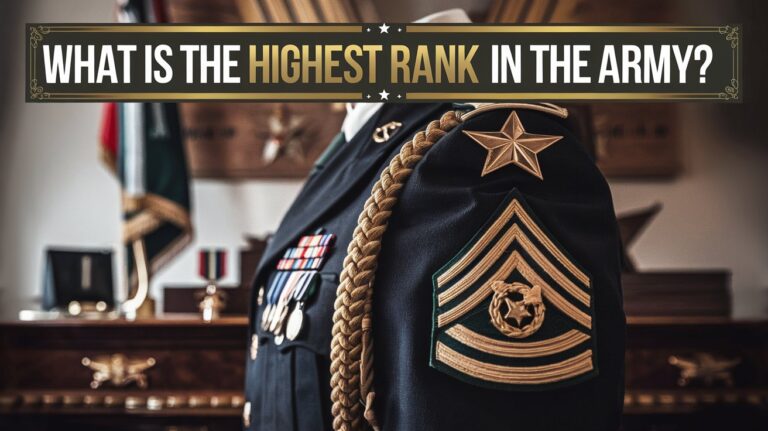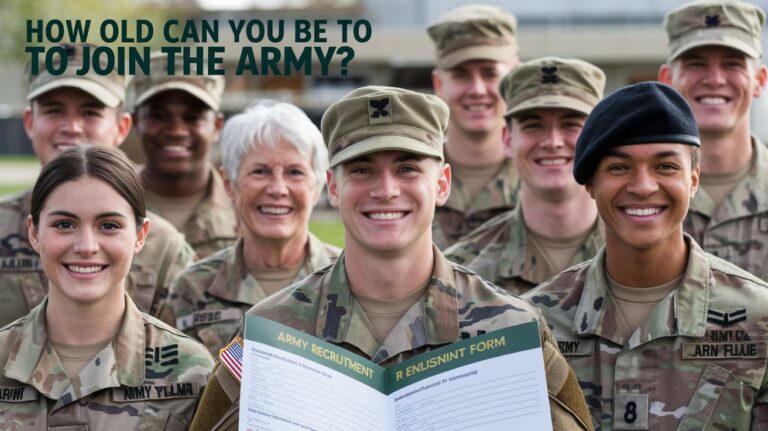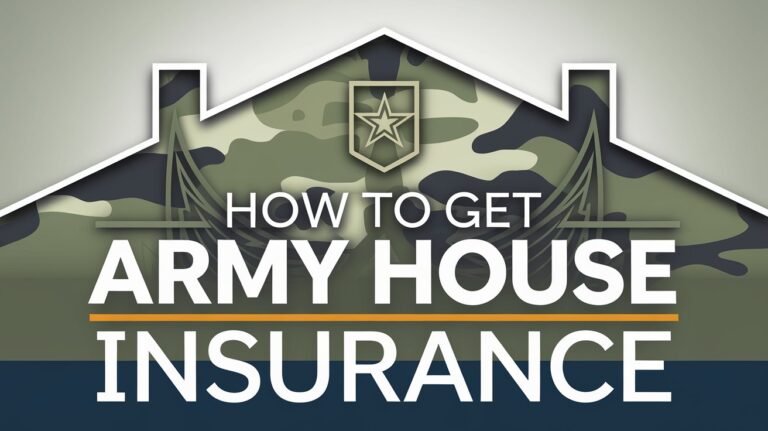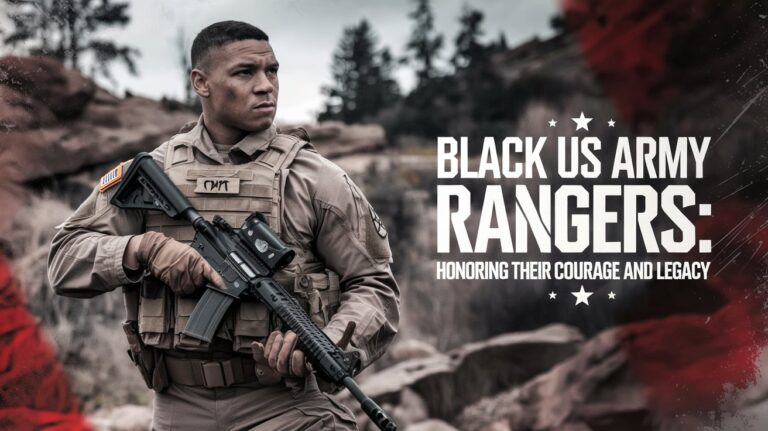Can Soldiers of Commonwealth Nations Transfer to Other Armies?
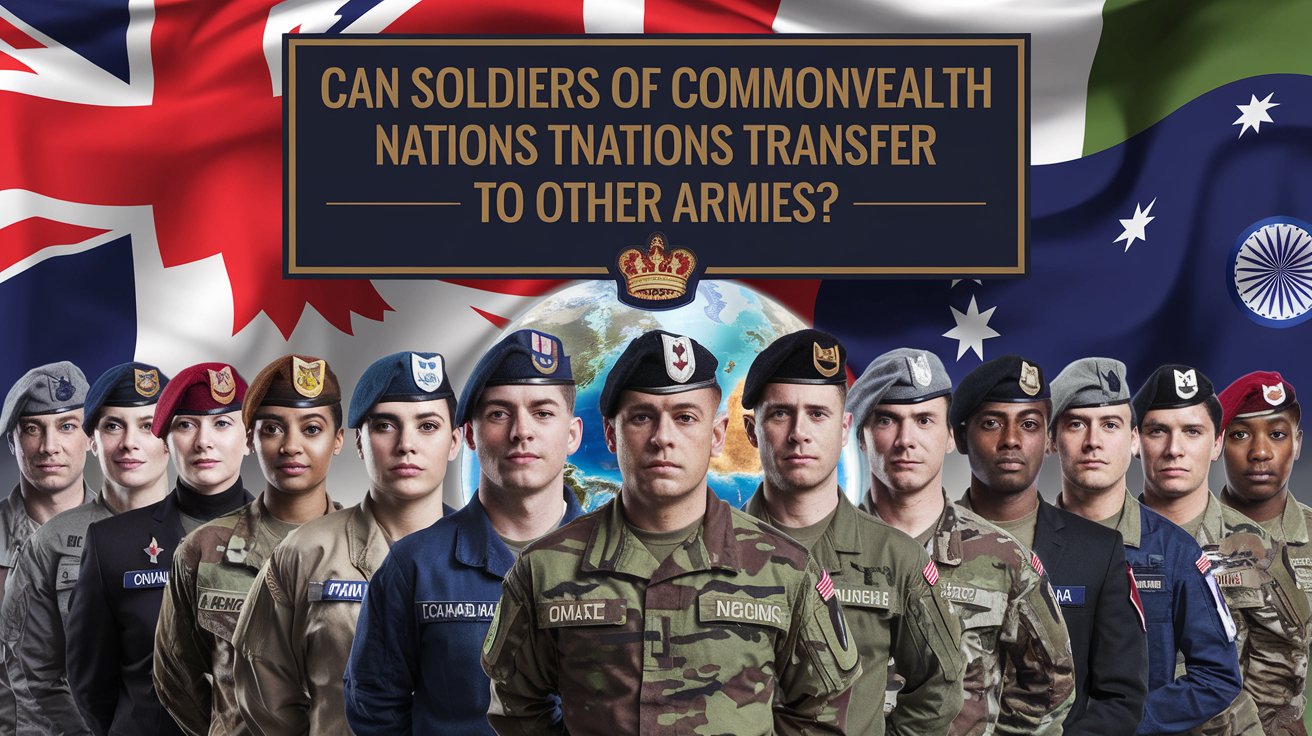
Serving in the military is a noble and rewarding path for many individuals from Commonwealth nations. Currently, nearly 12,000 service personnel from Foreign and Commonwealth (F&C) countries serve in the UK Armed Forces. The UK Border Agency has recognized that F&C service personnel should not be disadvantaged compared to non-military individuals when it comes to employment and residency opportunities. In fact, over 9,000 non-UK citizens, representing countries such as Australia, Canada, Fiji, Ghana, India, Jamaica, Nepal, New Zealand, Nigeria, St Lucia, and South Africa, currently serve in the UK Armed Forces.
As the global landscape continues to evolve, the question of whether soldiers from Commonwealth nations can transfer to other armies has become increasingly relevant. This article delves into the intricacies of military transfers, exploring the current status, immigration considerations, and the potential for seamless transitions between Commonwealth military forces.
Key Takeaways
- Approximately 12,000 service members from Foreign and Commonwealth (F&C) countries serve in the UK Armed Forces.
- Over 9,000 non-UK citizens from various Commonwealth nations are currently part of the UK military.
- The UK Border Agency has ensured that F&C service personnel are not disadvantaged compared to non-military individuals in terms of employment and residency.
- Soldiers from Commonwealth nations have the potential to transfer to other armies, subject to specific eligibility requirements and application processes.
- Comprehensive understanding of military cooperation, immigration status, and post-service rights is crucial for Commonwealth soldiers considering transfers.
Current Status of Commonwealth Military Personnel in Foreign Forces
The presence of Commonwealth military personnel in foreign forces showcases the robust international military exchanges and the mobility of armed forces. Currently, nearly 12,000 Service Personnel, including Gurkhas, from Foreign and Commonwealth (F&C) countries, actively contribute to defense and security efforts globally.
Active Service Members Statistics
Over 9,000 non-UK citizens serve in the UK Armed Forces, coming from diverse Commonwealth countries. These include Australia, Canada, Fiji, Ghana, India, Jamaica, Nepal, New Zealand, Nigeria, St Lucia, and South Africa. They have integrated well into the UK military, working alongside British personnel and maintaining high standards of professionalism and dedication.
Primary Contributing Nations
- Gurkhas, who served after July 1997 and had more than four years’ service, have had the ability to settle in the UK since 2004.
- Gurkhas who retired before July 1997 with more than four years’ service have also had the ability to apply for settlement in the UK since 2009.
- Non-UK personnel leaving service who wish to settle in the UK have to pay a fee of £2,389 for indefinite leave, but this fee is waived for those with at least six years of service or those discharged due to an illness or injury attributable to their service.
Service Requirements and Conditions
When serving personnel, including Gurkhas and Foreign and Commonwealth countries, are deployed in the UK, their spouse and children receive immediate support akin to UK residents. This includes access to healthcare. Upon discharge, foreign or Commonwealth citizens face UK immigration control measures. They must regularize their immigration status with the Home Office within 28 days from the cancellation of their exempt UK immigration control.
Immigration Status During Active Service
Serving members from Gurkha and Foreign and Commonwealth countries are not subject to UK immigration laws under the Immigration Act 1971. This rule applies even if they had a UK visa before joining. It stays in effect for as long as they serve. Yet, this rule does not apply to non-EEA family members of these service personnel.
Commonwealth citizens serving in the UK can apply for citizenship while still in service. But, Nepalese citizens in the Brigade of Gurkhas cannot, unless they switch to the British Army. This situation shows the intricate nature of defense alliances and soldier recruitment policies for the UK’s military.
| Eligibility for Naturalization During Hostilities | Criteria |
|---|---|
| Designated Periods of Hostilities | World War I World War II Korean Conflict Vietnam Hostilities Persian Gulf Conflict War on Terrorism |
| Service Requirements | Honorable service in the U.S. armed forces English proficiency Knowledge of U.S. history Good moral character |
| Additional Eligibility | Honorable service in the National Guard or the Selected Reserve of the Ready Reserve Executive department certification for applicants with multiple periods of service Expedited naturalization for eligible individuals as of September 11, 2001, per Executive Order 13269 MAVNI program for certain nonimmigrants and noncitizens with vital skills to enlist in the U.S. armed forces Calixto Settlement Agreement for certain Army applicants |
Can Soldiers of Commonwealth Nations Transfer to Other Armies?
Military personnel from Commonwealth nations may have opportunities to transfer to other armies. The eligibility requirements and application process can vary. Transfer options often depend on individual circumstances, service records, and the strategic needs of the destination country.
Transfer Eligibility Requirements
Active-duty military personnel and their spouses may be eligible for automatic license transfers in the United States. Licenses held in another state that are in good standing and used in the last two years can be transferred for the duration of military orders.
For honorably discharged veterans, “substantially equivalent“ military training, education, or experience may be credited toward certain license requirements in the destination country.
Application Process and Documentation
The application process and timeline can vary depending on the specific military branch and destination country. Soldiers interested in transfers must submit a comprehensive set of documents. These include details about their service record, judgment, sentence, medical reports, and any other information requested by the administering country.
Timeline and Processing Periods
- Communications for transfer requests must be in writing between the involved countries.
- The sentencing country must ensure that consent for transfer is given voluntarily and with full knowledge of legal consequences.
- The administering country has the authority to continue enforcing the sentence based on its own laws.
- The administering country must inform the sentencing country when enforcement of a sentence is completed or if the offender escapes.
- The cost of transferring a convicted offender is shared between the sentencing and administering countries as agreed upon.
The feasibility and timeline for military personnel sharing agreements and military transfers depend on various factors. These include individual qualifications, country-specific requirements, and the strategic priorities of the destination army.
Service Benefits and Support Systems
Commonwealth military personnel, including those in foreign forces, have access to various support systems and service benefits. In the United Kingdom, spouses and children of deployed personnel, whether British citizens or from commonwealth military cooperation, get immediate healthcare access and other essential support. This is similar to what UK residents receive.
The Australian Department of Veterans’ Affairs and Veterans Affairs Canada offer strong assistance programs for their Armed Forces communities. They provide resources for specific issues, like Non-Freezing Cold Injuries. They also offer specialized healthcare for the Gurkha/Nepalese community.
- Air Force veterans who served on Royal Thai Air Force bases between February 28, 1961, and May 7, 1975, may be eligible for benefits related to herbicide exposure if they can prove exposure during their service.
- The last “war” for which active duty qualifies for Veterans’ preference is World War II, with inclusive dates from December 7, 1941, through April 28, 1952.
- Non-combat operations, such as the Global War on Terrorism, actions in Antarctica, or the National Defense Service Medal, do not qualify for Veterans’ preference benefits.
As international military exchanges evolve, so do the service benefits and support systems for Commonwealth military personnel. Ongoing legislative efforts ensure these individuals get the necessary assistance during and after their service. This helps them transition smoothly to post-service life.
Post-Service Immigration and Settlement Rights
For non-UK personnel leaving the armed forces, the path to settling in the United Kingdom can be complex and costly. Yet, provisions exist to support those who have dedicated their service to the British military.
Settlement Application Process
Service members have a 28-day window upon discharge to regularize their immigration status or depart the UK. This application process includes:
- Applying for indefinite leave to remain (ILR) or settlement
- Meeting various requirements, such as the knowledge of language and life in the UK (KoLL) test
- Providing supporting documentation, including proof of military service
Fee Structures and Waivers
The standard fee for indefinite leave to remain is £2,389. Yet, this fee is waived for those with at least six years of service. It’s also waived for those discharged due to a service-related illness or injury. Eligible veterans currently living in the UK who have not yet regularized their immigration status also qualify for the fee waiver.
Time-Sensitive Requirements
It’s crucial for service members to act quickly upon discharge. They have only 28 days to apply for settlement or leave the UK. Gurkhas who served after July 1997 and were discharged with more than four years of service have had the ability to settle in the UK since 2004.
The complex web of immigration rules, fees, and time-sensitive requirements can pose significant challenges for Commonwealth armed forces mobility and cross-nation deployments. Yet, with the right guidance and support, these service members can navigate the process. They can secure their right to settle in the UK after their dedicated service.
NATO and International Military Cooperation
The North Atlantic Treaty Organization (NATO) is a key player in global defense alliances. It promotes military cooperation and coordination among its member states. With 23 out of 27 European Union member states part of NATO, the alliance is crucial for shaping security in Europe.
In Austria, only 14% of the population supports NATO membership, while 75% oppose it. In contrast, Cyprus’s Parliament voted to apply for NATO’s Partnership for Peace program in 2011. Yet, the President vetoed the decision.
Ireland has been part of NATO’s Partnership for Peace since 1999. Despite this, the majority of the public prefers neutrality in armed conflicts. Malta also joined NATO’s programs in 1995. Yet, none of Malta’s political parties support full NATO membership.
NATO’s influence goes beyond its 32 member states. It has 18 countries in the Partnership for Peace program and 19 in dialogue programs. This extensive network boosts soldier recruitment policies and strengthens North Atlantic security.
| Statistic | Value |
|---|---|
| Total NATO Member States | 32 |
| European Member States | 30 |
| North American Member States | 2 |
| Combined Military Personnel | Approximately 3.5 million |
| Combined Military Spending | Around 55% of global nominal total |
Conclusion
The experiences of Commonwealth soldiers reveal the intricate nature of military transfers and post-war migrations. Transitioning between armed forces and settling in new nations comes with its own set of challenges. Yet, a variety of support systems and international cooperation initiatives have been put in place to aid those eligible.
Immigration status, service duration, and agreements between nations are crucial in determining the success of military transfers. Despite these complexities, the chance for Commonwealth soldiers to serve in different armed forces and gain settlement rights shows the evolving landscape of global military cooperation.
The world, still grappling with the aftermath of World War II, is reminded of the personal effects of these changes through stories like Pauline Natividad and Jan Walenty Walis. Governments have launched initiatives such as the Polish Resettlement Program and the Marshall Aid package. These efforts aim to mitigate the displacement and economic disruption caused by the war.
FAQ
Can soldiers of Commonwealth nations transfer to other armies?
Commonwealth soldiers face various options for military transfers and settling post-service. The process considers immigration status, service length, and agreements between nations. Despite challenges, support systems and fee waivers help those eligible.
What is the current status of Commonwealth military personnel in foreign forces?
Over 9,000 non-UK citizens serve in the UK Armed Forces from Commonwealth countries. These include Australia, Canada, Fiji, and others. Service conditions for them are similar to UK citizens, with specific immigration and settlement rights.
What is the immigration status of Commonwealth serving soldiers?
HM Armed Forces members from Gurkha and Foreign and Commonwealth countries are exempt from UK immigration. This exemption applies under Section 8(4)(a) of the Immigration Act 1971. It remains in effect for their service duration. Yet, it does not extend to non-EEA family members.
What are the transfer eligibility requirements for Commonwealth soldiers?
Commonwealth soldiers have transfer options, but the process is complex. It involves immigration status, service duration, and agreements between nations. The application process and timeline vary by military branch and destination country.
What support systems are in place for Commonwealth military personnel?
Support systems for Commonwealth military personnel include healthcare and benefits. They also address specific issues like Non-Freezing Cold Injuries. The Australian and Canadian Departments of Veterans’ Affairs offer support to their Armed Forces communities.
What are the post-service immigration and settlement rights for Commonwealth soldiers?
Non-UK personnel leaving service must pay £2,389 for indefinite leave to settle in the UK. This fee is waived for those with at least six years of service or discharged due to illness or injury. Gurkhas with over four years’ service after July 1997 can settle in the UK since 2004.
How does NATO facilitate international military cooperation?
NATO personnel in the UK on approved duties are covered by reciprocal agreements. They are exempt from overseas visitor charging, ensuring consistent support for allied forces. This facilitates international military cooperation.

